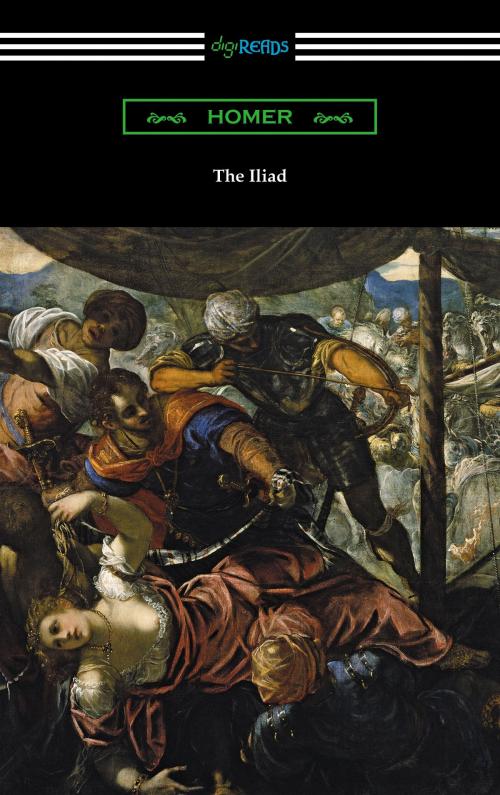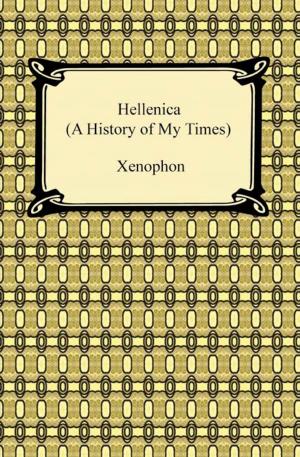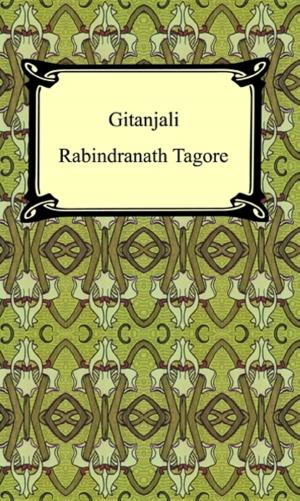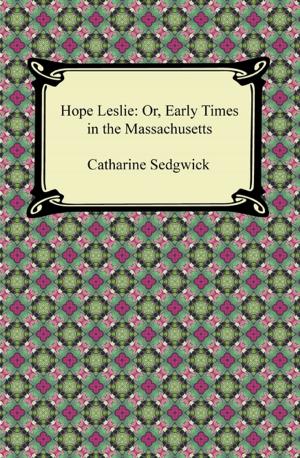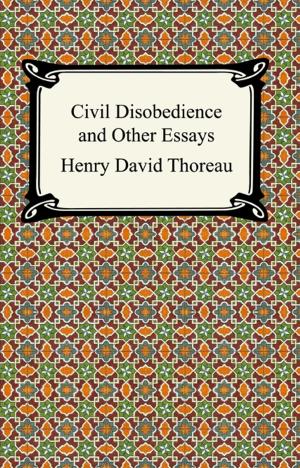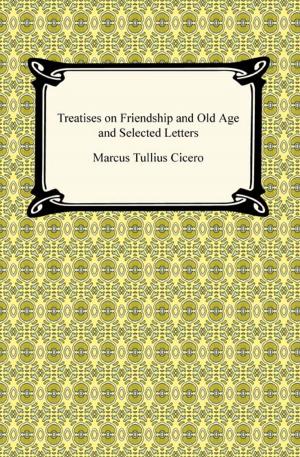The Iliad (Translated into prose by Samuel Butler with an Introduction by H. L. Havell)
Fiction & Literature, Classics| Author: | Homer | ISBN: | 9781420953916 |
| Publisher: | Neeland Media LLC | Publication: | September 30, 2016 |
| Imprint: | Digireads.com Publishing | Language: | English |
| Author: | Homer |
| ISBN: | 9781420953916 |
| Publisher: | Neeland Media LLC |
| Publication: | September 30, 2016 |
| Imprint: | Digireads.com Publishing |
| Language: | English |
Due to a lack of biographical evidence regarding the identity of Homer it has been suggested that the two great works attributed to him, the “Iliad” and the “Odyssey” may, in fact, be the work of multiple authors passed down through a long oral tradition. While scholarship on the subject will likely never definitely prove one way or the other, it is now generally accepted that these two great epic poems are the work of a single Greek author, Homer, who lived sometime during the 9th century BC. Set during a few weeks in the final year of the Trojan War, “The Iliad” is a classical epic poem concerning a quarrel between King Agamemnon and the warrior Achilles. While encompassing just a brief period of the Trojan War the poem relates events leading up to and following the few weeks that encompass the setting of the poem giving the reader a comprehensive perspective of the Trojan War. Part romanticized historical narrative, part mythological epic, the “Iliad” is widely recognized as one of the most important works from classical antiquity. Along with the “Odyssey,” it would establish Homer as one the most influential authors to ever have lived. This edition follows the prose translation of Samuel Butler and includes an introduction by H. L. Havell.
Due to a lack of biographical evidence regarding the identity of Homer it has been suggested that the two great works attributed to him, the “Iliad” and the “Odyssey” may, in fact, be the work of multiple authors passed down through a long oral tradition. While scholarship on the subject will likely never definitely prove one way or the other, it is now generally accepted that these two great epic poems are the work of a single Greek author, Homer, who lived sometime during the 9th century BC. Set during a few weeks in the final year of the Trojan War, “The Iliad” is a classical epic poem concerning a quarrel between King Agamemnon and the warrior Achilles. While encompassing just a brief period of the Trojan War the poem relates events leading up to and following the few weeks that encompass the setting of the poem giving the reader a comprehensive perspective of the Trojan War. Part romanticized historical narrative, part mythological epic, the “Iliad” is widely recognized as one of the most important works from classical antiquity. Along with the “Odyssey,” it would establish Homer as one the most influential authors to ever have lived. This edition follows the prose translation of Samuel Butler and includes an introduction by H. L. Havell.
